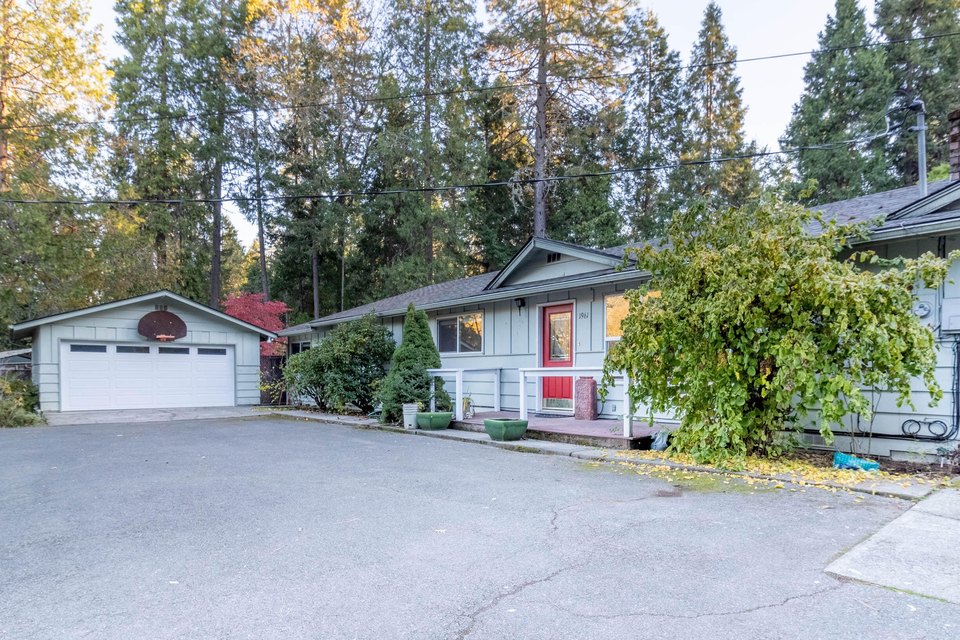
Remember these three main differences when choosing between an agent and real estate broker: the experience and the fee structure. Brokers are responsible for their clients' fiduciary duties, while agents work on a commission-based basis. You may also find them more competent, which can end up costing you in tricky situations. A broker can often be the best person to represent your best interests in purchasing a property.
Real estate brokers have greater experience
Agents have less experience and training than real estate brokers. However, many agents do not pursue the designation of Principal Broker or Licensed Associated Real Estate Broker, which means they may have a bump in the title. A large brokerage might be the best choice for you if your first steps in real estate are not yet taken. Many large brokerages offer training classes to new agents. This allows you to build your brand, reputation, and credibility within the company. These are three reasons brokers have more experience that agents.

Agents are not licensed to be brokers. However, they tend to have greater knowledge. Agents have had more training and received more specializations. Brokers also have more responsibility for their agents, whereas agents are not legally responsible for the actions of their colleagues. A broker is more likely than agents to have more experience, which makes them a more desirable choice for some clients. However, it is important to note that agents do not have as much financial responsibility as brokers.
They have a fiduciary duty to their clients
There is an inherent conflict between the seller and broker in real estate. In small towns, there may not be a competing brokerage company, and therefore no fiduciary duty to either client. This is called "dual representing." State laws have been passed in order to protect both sides' interests. In Illinois, for example, the broker's fiduciary duty to the seller extends to the buyer, and the agent's duty to the buyer is no longer applicable.
Fiduciary duty to clients means that the broker or agent must act in their client's best interest. This duty extends to their other obligations to clients. As they represent their clients' interests, it is beyond their ordinary obligations. Fiduciary duties include diligence, loyalty and transparency as well as accounting and reasonable care. While some of these duties are obvious, others need to be considered.
They get paid via commission
Agents and brokers are divided a percentage of their commission based on their experiences. In general, experienced agents are paid less than novice agents. Brokers may sometimes deduct the commission off the sale price. Most top-producing agents earn 100% of the commissions. Everyone else is split at a percentage. Some brokers offer a fixed split while others offer a flexible split that is based on the broker's experience and preferences.

Some commissions may be split among multiple parties but this is rare. In one example, the selling agent keeps the full 6% commission, while the broker who finds a buyer shares a lower commission with the sponsoring agent. In another example, a buyer pays a higher commission than the listing agent, but both parties split 6% of the commission. A $12,000 commission paid by an agent to sell a home would be split between $4.800 of the broker's compensation and $7.200 of the agent fee.
FAQ
What should I consider when investing my money in real estate
You must first ensure you have enough funds to invest in property. You can borrow money from a bank or financial institution if you don't have enough money. It is important to avoid getting into debt as you may not be able pay the loan back if you default.
You must also be clear about how much you have to spend on your investment property each monthly. This amount must include all expenses associated with owning the property such as mortgage payments, insurance, maintenance, and taxes.
You must also ensure that your investment property is secure. It would be a good idea to live somewhere else while looking for properties.
Can I get a second loan?
Yes. However it is best to seek the advice of a professional to determine if you should apply. A second mortgage is often used to consolidate existing loans or to finance home improvement projects.
What should I do before I purchase a house in my area?
It depends on how much time you intend to stay there. Save now if the goal is to stay for at most five years. However, if you're planning on moving within two years, you don’t need to worry.
What is reverse mortgage?
A reverse mortgage allows you to borrow money from your house without having to sell any of the equity. It allows you access to your home equity and allow you to live there while drawing down money. There are two types available: FHA (government-insured) and conventional. You must repay the amount borrowed and pay an origination fee for a conventional reverse loan. FHA insurance covers your repayments.
Statistics
- When it came to buying a home in 2015, experts predicted that mortgage rates would surpass five percent, yet interest rates remained below four percent. (fortunebuilders.com)
- Some experts hypothesize that rates will hit five percent by the second half of 2018, but there has been no official confirmation one way or the other. (fortunebuilders.com)
- Over the past year, mortgage rates have hovered between 3.9 and 4.5 percent—a less significant increase. (fortunebuilders.com)
- The FHA sets its desirable debt-to-income ratio at 43%. (fortunebuilders.com)
- It's possible to get approved for an FHA loan with a credit score as low as 580 and a down payment of 3.5% or a credit score as low as 500 and a 10% down payment.5 Specialty mortgage loans are loans that don't fit into the conventional or FHA loan categories. (investopedia.com)
External Links
How To
How to Find Houses To Rent
For people looking to move, finding houses to rent is a common task. It may take time to find the right house. When choosing a house, there are many factors that will influence your decision making process. These factors include size, amenities, price range, location and many others.
You should start looking at properties early to make sure that you get the best price. You should also consider asking friends, family members, landlords, real estate agents, and property managers for recommendations. You'll be able to select from many options.